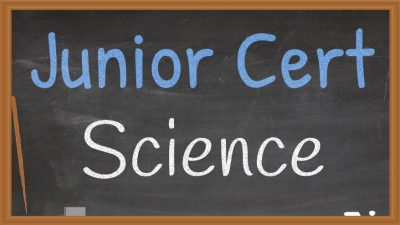Junior Cert Science Grinds

About Course
Subject: Junior Cert Science

GOAL:
Give students a better understanding of their subject and build confidence.
INTRODUCTION:
Tuition Farm’s classes are presented by highly qualified and experienced grinds teachers, who are experts in their subject.
Each lesson focuses on a specific topic, including an in depth analysis of past exam papers, where the teacher shows students how best to answer these questions to achieve top marks.
The final two lessons of the course focuses on exam techniques and further analysis of exam questions and answers.
This course was originally €239, and we are now releasing the recordings for the low price of only €59.
What do you get when you purchase this course?
For €59, you get instant access to ALL the lessons listed below.
COURSE CONTENT:
Week 1 – Thinking and Working Scientifically
Week 2 – The Cell, Microorganisms, and Living Things
Week 3 – Organ Systems
Week 4 – The Human Reproductive System
Week 5 – Genetics
Week 6 – Plants
Week 7 – Ecology
Week 8 – Matter, Atoms & Periodic Table
Week 9 – Compounds, Mixtures & Solutions
Week 10 – Reactions, Acids & Bases
Week 11 – Physics Measurements
Week 12 – Energy & Electricity
Week 13 – Light, Heat & Applications
Week 14 – Solar System
Week 15 – Earth, Moon & Sun System
Week 16 – The Cycling of Matter, Sustainability & Climate Change
Week 17 – Biology Review: Cells, Organ Systems & Reproduction
Week 18 – Biology Review: Genetics, Plants & Ecology
Week 19 – Chemistry Review 1 : States of matter, Atoms, Periodic table, Solutions, Elements & Compounds, Reactions, Acids & Bases
Week 20 – Physics Review: Measurements, Density & Forces
Week 21 – Space
Week 22 – Earth Cycles, Pollution, Sustainability & Climate Change
Week 23 – Exam Technique (Part 1)
Week 24 – Exam Technique (Part 2)
FREE SAMPLE LESSON:
*IMPORTANT INFORMATION*
These lessons are recordings from our live grinds courses, so there may be interactions and questions between our teacher and the students.
Please note, some classes may not be required for the upcoming exams. However, we have included them as a source of knowledge for students.
Junior Cert Science Grinds – JC Science Grinds
